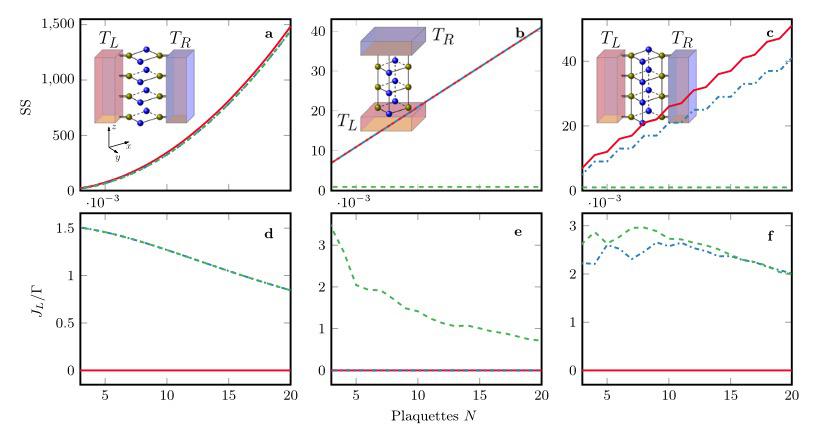Magnetic fields and quantum symmetries, two old (and new) friends
Magnetic fields and quantum symmetries, two old (and new) friends
Symmetries play a fundamental role in Physics, and more specifically in Quantum Physics. It is well known that symmetries lead to degeneracy and to conserved currents in closed quantum systems (meaning that they do not interact with an environment). In the more realistic scenario of Open Quantum Systems (meaning that the quantum system does interact with its surroundings), the situation is more complicated. In Open Quantum Systems, it has been proved that symmetries lead to an interesting concept called “degeneracy of the steady-state”, meaning that the final state of a system would not be always the same, but it depends on the symmetry nature of the initial state. This has been presented recently as a method to control the thermodynamical properties of these systems 1. Besides, the effect of magnetic fields in quantum matter systems has also been studied for a long time, but mostly in the simpler closed scenario.
Recently, a researcher from the IC1, in collaboration with the Center for Theoretical Physics of Complex Systems (South Korea) and the Massachusetts Institute of Technology (US) have developed a new theory about the effect of magnetic fields in open quantum systems with symmetries 2. This study is based on the idea that magnetic fields can affect the symmetry properties of systems and, therefore, they can change their thermodynamical properties. To study this effect, the researchers used a lattice atomic model, very similar to graphene and other materials.
First, the researchers analyzed the number of steady-states and the current of particles that are flowing through the system as a function of the system size and for different magnetic fields. The results are shown in Fig. 1 for three different configurations of the system. In the top panel, the number of steady-states of the system is displayed, showing a non-trivial behavior as the system size increases. The bottom panel shows the current in the system, again as a function of the system size and for three different magnetic fields.

From these results, it is clear that different magnetic fields create highly non-trivial effects in symmetric open quantum systems. These effects can have a significant impact both in the field of magnetoreception, by the use of non-equilibrium properties, and in the field of quantum control by magnetic fields.
Author: Daniel Manzano on behalf of Instituto Carlos I
References
- D. Manzano and P.I. Hurtado (2018)Harnessing symmetry to control quantum transport. Advances in Physics 67, 1 ↩
- J. Thingna, D. Manzano, J. Cao (2020) Magnetic field induced symmetry breaking in nonequilibrium quantum networks. New Journal of Physics 22, 083026.doi: 10.1088/1367-2630/aba0e4 ↩
1 comment
[…] Berebiziko garrantzia dute simetriek fisikan, bereziki mundu kuantikoan. Simetriadun sistema kuantiko irekietan eremu magnetikoek duten eraginaren inguruko teoria berri baten garapenean hartu dute parte Instituto Carlos Iko ikertzaileek: Magnetic fields and quantum symmetries, two old (and new) friends […]